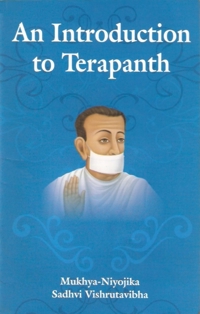The idea of compatibility of means and ends had been put forward by Acharya Bhikshu long ago. According to him, non-violence as the end is possible only through pure means such as transformation of heart through persuasion and not by a foul means such as use of force. He said, “Blood-stained clothes cannot be washed by blood; likewise violent activity cannot be the basis of lokottara dharma.” Karl Marx however did not believe in the principle of compatibility between ends and means. Hence, he said, “It is not necessary to use pure means to achieve pure ends. Our aim is to build a ‘stateless society’. We will get it through fair or foul means.” But Gandhi rejected this idea of Marx and said, “It is essential to achieve pure ends only through pure means. We will attain independence of India only through persuasion and not through violence.”
An Introduction To Terapanth: [15] Principle of Compatibility between Ends and Means
Author:
 Sadhvi Vishrut Vibha
Sadhvi Vishrut Vibha
 Sadhvi Vishrut Vibha
Sadhvi Vishrut Vibha
Published: 16.11.2008
Updated: 18.11.2008
Updated: 18.11.2008
Page glossary
Some texts contain footnotes and glossary entries. To distinguish between them, the links have different colors.
Page statistics
This page has been viewed 1446 times.

